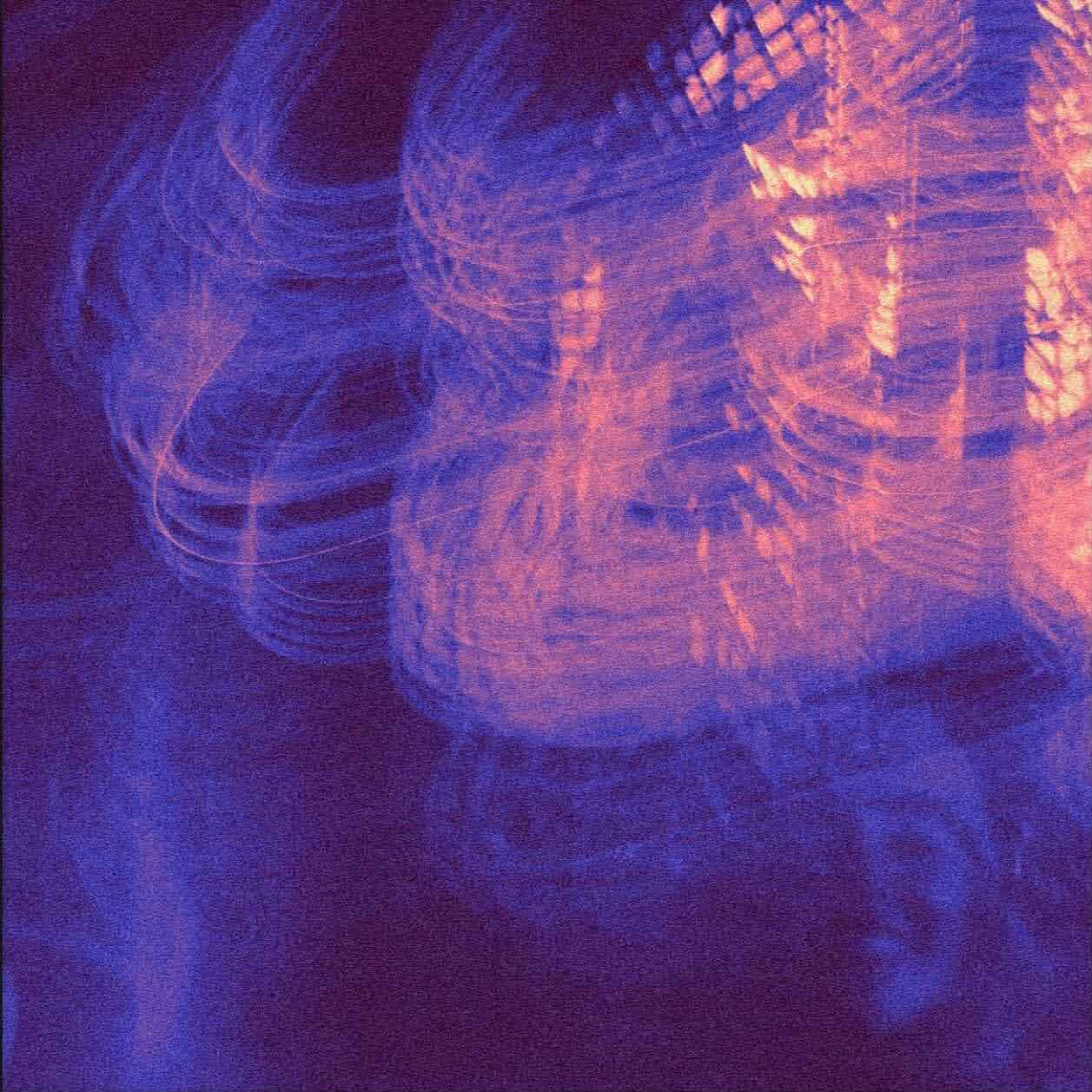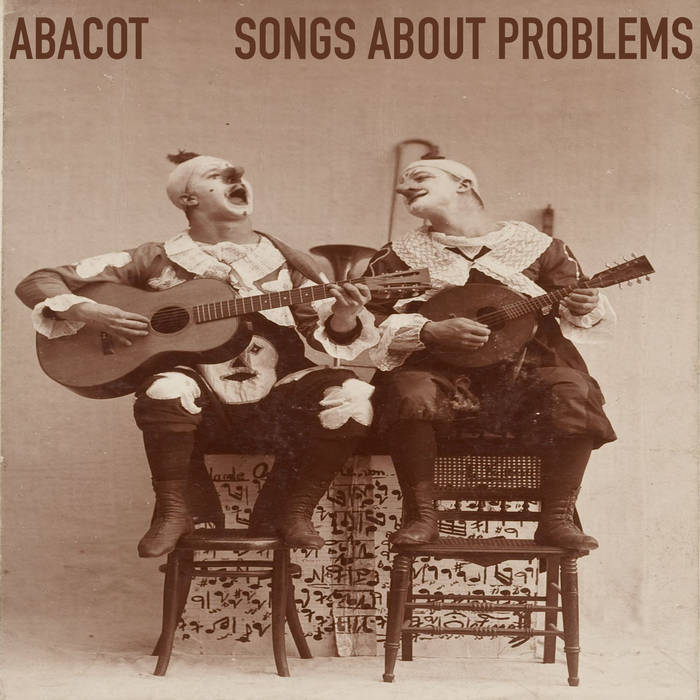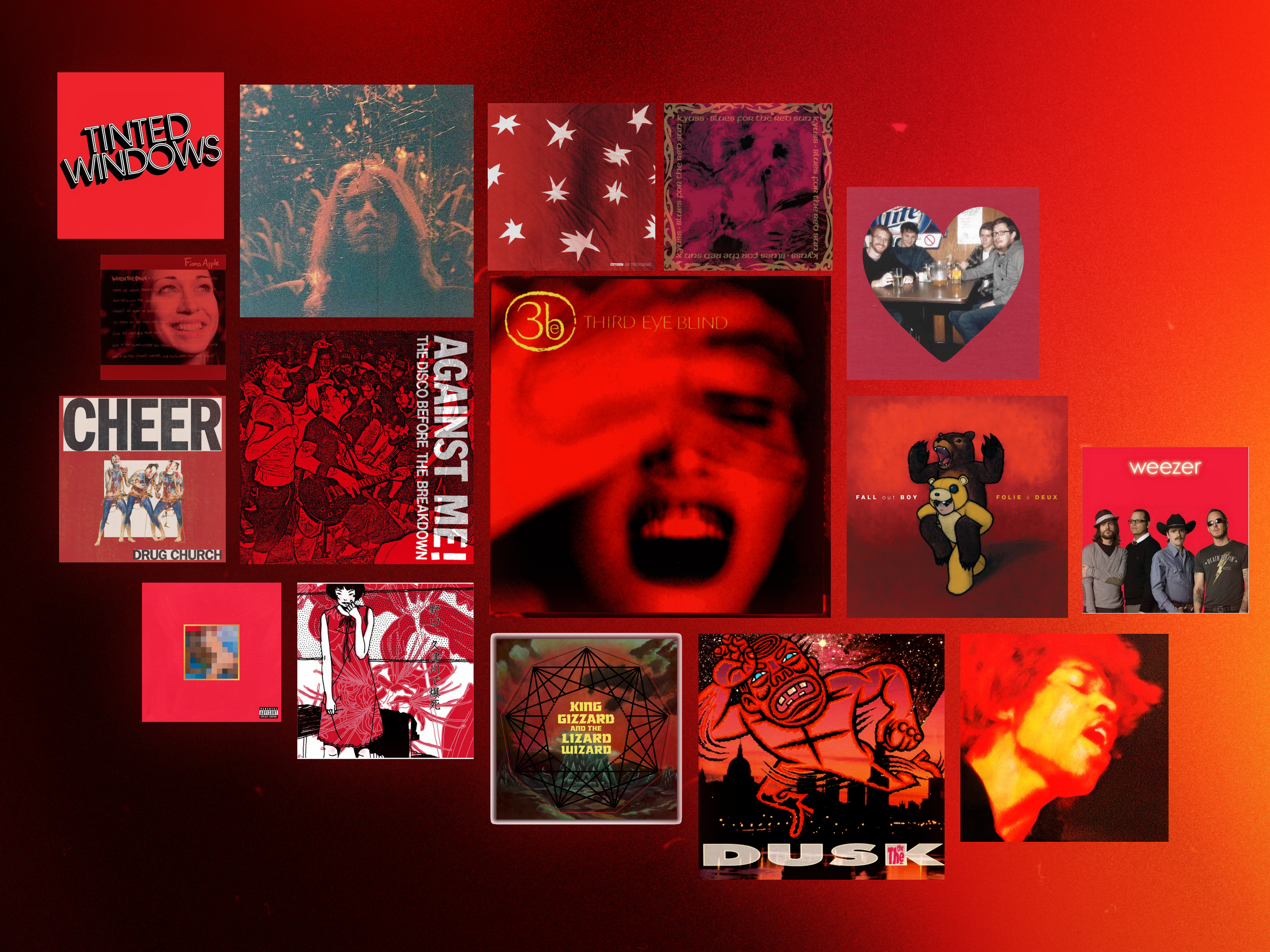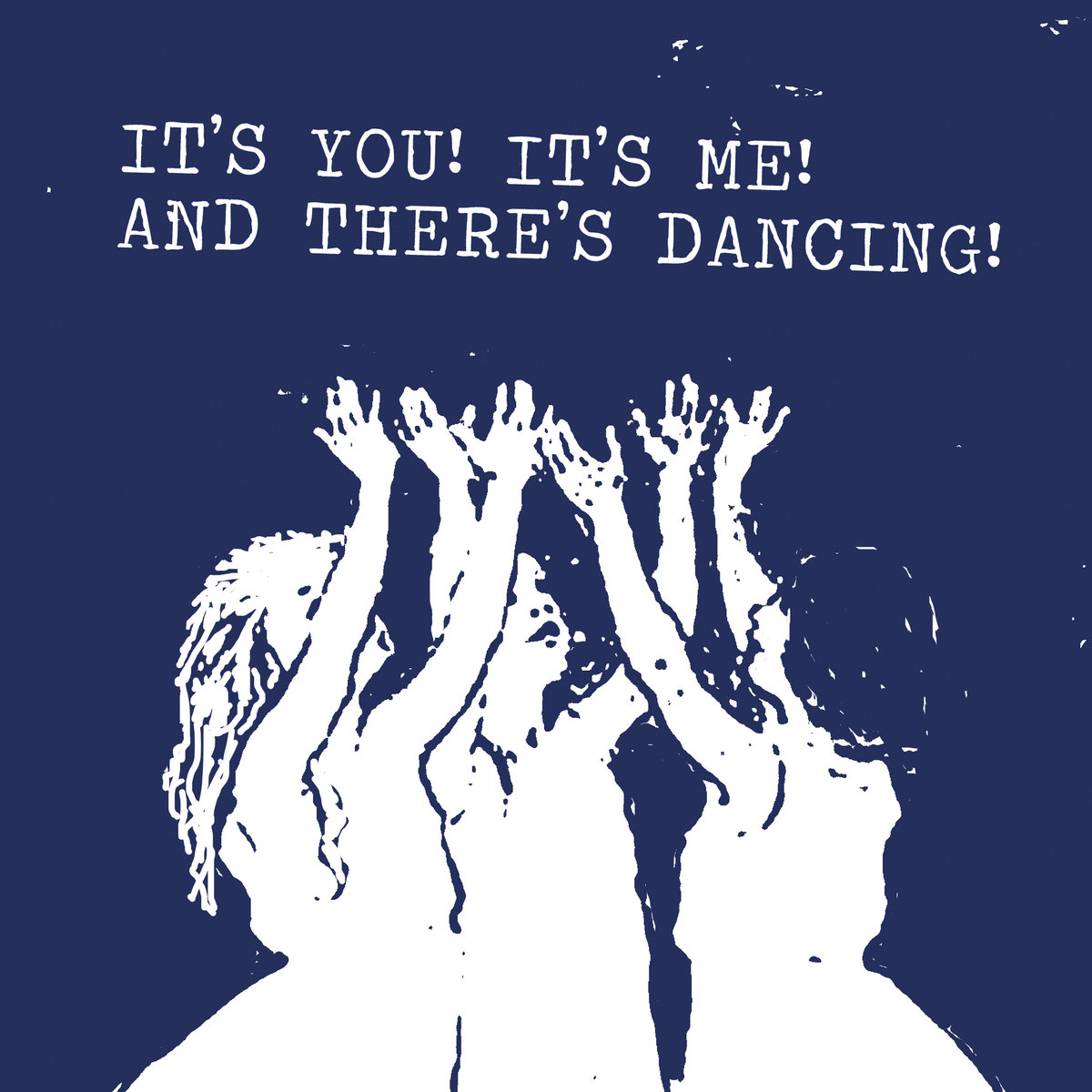Sinai Vessel – I SING | Album Review
/Keeled Scales
A few months back, I read a book about the dialysis industry called How to Make a Killing: Blood, Death and Dollars in American Medicine. I went in knowing almost nothing about the subject and came out incredibly angry. This is often the price that you pay for learning things; you go from seeing strip mall dialysis centers every day without giving them a second thought to not being able to see one without gritting your teeth and thinking of the ways the people inside are getting screwed over in the name of profit. All because you decided to read a book.
It puts you in a bind. There are so many reasons why it’s important to be informed about the world around you, but being informed can really suck. Oftentimes, it feels like fighting your ignorance comes at the cost of becoming a constantly incensed and insufferable person. The advice given to counter this is usually inadequate. You're told to remember that we’re all just on a big rock spinning in space, you only have one life to live, you can’t fight for others without keeping yourself well. All of this is true to some extent, but none of it really helps; at this point, we’ve all heard it so much that it feels cheap. In the end, we’re left with a latent anger bubbling beneath the surface as we try our best to live happy and fulfilling lives.
Sinai Vessel’s I SING is an album steeped in this reality. “Can't ride my bike at sunset down a nice street / Past beautiful houses without clenching my teeth / Rolling my eyes / Or imagining myself begging the owners for a chance of relief,” Caleb Cordes sings over soft chords and pedal steel on “Laughing” before continuing, “Suspicious that the circumstance / Has less to do with aptitude or failure to plan / And more with the cardinal sin of not being born to rich parents.” It’s a chunk of lyrics with real bite, delivered over a serene backdrop, driving home the feeling that the sentiment being deployed here comes from a long-building frustration rather than new or short-term anger. As the track continues, Cordes ponders on the failed promise of trickle-down economics before ultimately accepting, at least in the moment, a sense of helplessness where one can’t do much but just sit there and laugh.
This kind of cursed awareness is also central to “Attack,” the album’s penultimate and most ambitious track. The song begins with a slow build, starting with just acoustic guitar, vocals, and a subtle ambient drone, and finds Cordes approaching the subject from a different angle. Both songs are about acceptance of the feelings brought by heightened awareness of the conditions around us, but where “Laughing” focuses on how this awareness can bring feelings of helplessness and madness, “Attack” focuses on how it can be a catalyst for growth. “This is my A.D. / Today, something dies in me,” we hear after Cordes decides to welcome in discomfort’s attack, “Something dies that needs to go / Something dies, I let it go.”
Throughout “Attack,” the narrator’s progression is matched by the music, which very slowly ratchets up, first with piano joining in around the three-and-a-half-minute mark and then the full band finally arriving five minutes in. This climax, while satisfying, is big without feeling triumphant the way we often see in longer epics. We’re presented with growth, but the instrumentation makes clear that there isn’t necessarily salvation; it’s just a step forward.
This kind of restrained arrangement is one of the things that makes the songs across I SING resonate so strongly. There are clear Heartland Rock influences at play, but where we might see a band like The Menzingers use this palette to paint pictures of the anthemic, Sinai Vessel instead takes from the genre’s more ethereal side. There is always something in the mix subtly ringing out to affix a glow around the rest of the track, be it the soft synth hanging back on “Birthday” or the long-ringing smooth-moving bass line on “Dollar.” Though it’s not a direct sonic comparison, there’s something about the approach that reminds me of the way Bruce Hornsby and the Range use piano and synths to create textures that make their songs about small towns and the people who live in them feel otherworldly. In the case of I SING, the ethereal nature of the instrumentation lulls you into the feeling of being lost in thought, priming you to look inside and reflect.
So much of I SING is about the internal struggles inherent in dealing with the world around you, so when “Window Blue” starts with “Man, I would’ve been alright / If you’d been there every night of my life / Telling me to shut the fuck up / Man I would’ve been fine,” I cracked a smile. In my experience, the best tonic for the latent anger discussed to this point is community. Though you don’t want to build community with people who are constantly hand-waving away your feelings or concerns, there is a lot of value in having someone that will, in a friendly way, tell you to shut the fuck up when your neurosis begins to take center stage in your life. Actual human friendship and interaction can’t be replaced by self-regulation and advice read on the internet. It’s really poignant that the song on this album that offers the listener the most comfort is the one most focused on others.
“Best Witness,” the song immediately following “Window Blue,” further explores the comfort of friends by bringing us back down to think about the struggle we face when community becomes hard to find. Here, Cordes sings from the point of view of somebody struggling to find the kind of friends you make when you’re younger, observing, “Out here, here / I care for me best / Out here, here / I’m my best witness.” This type of solitude is tough to survive under; ultimately, connection and reassurance are needed from the type of connections paid tribute to in “Window Blue” with Cordes singing, “Sweet brother, can I call you? / I’m not doing well / Can you state the obvious? / Will you say you love me still?”
Though nothing can replace the type of companionship pined after on “Window Blue” and “Best Witness,” there is something similarly comforting about having an album like I SING that so frankly addresses what it’s like living in this current moment as somebody coming out of young adulthood. So often, as I move through my day, taking in information about what’s going on around me and throughout the world, I begin to feel a bit like I’m losing my mind. When I see other people’s reactions to things, these feelings accelerate, and while this is all happening, more and more life responsibilities are popping up everywhere. I SING isn’t an album that says everything’s going to be alright, but it is an album that shows me someone else observing the type of things I’m observing and struggling in similar ways. It’s not a “you’re fine” record but a “you’re not alone” record, and right now, I think the latter is far more valuable.
Josh Ejnes is a writer and musician living in Chicago. You can keep up with his writing on music and sports on Twitter and listen to his band Cutaway Car here.





